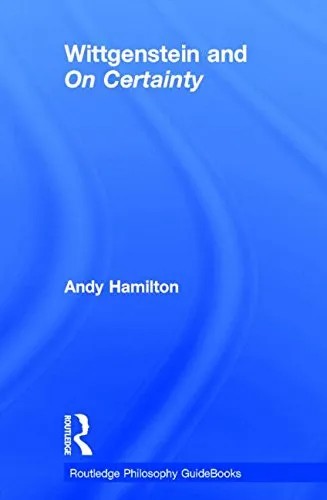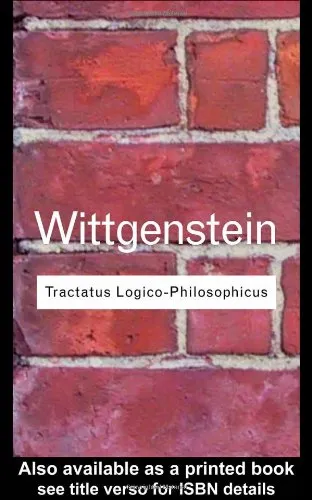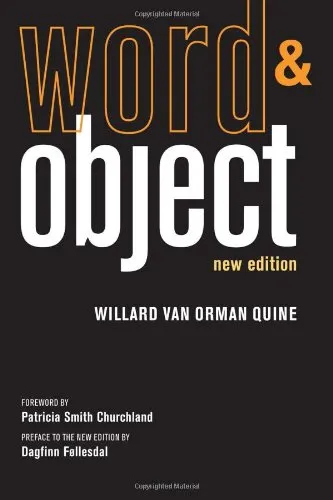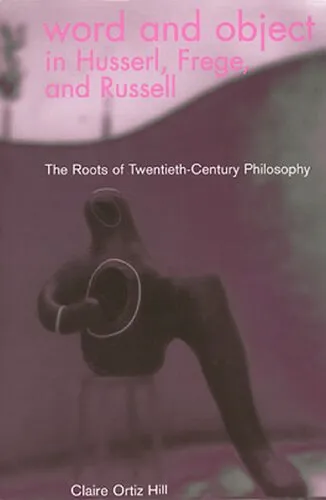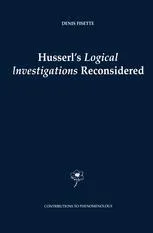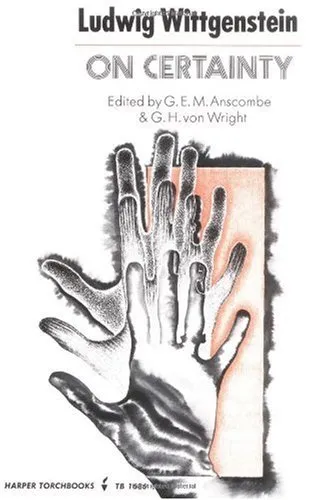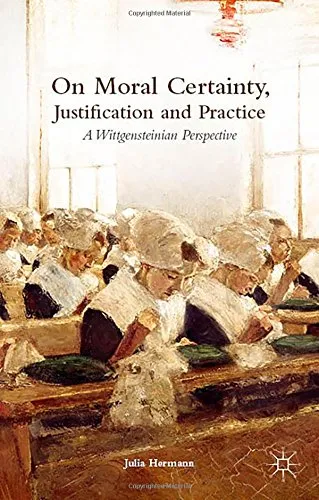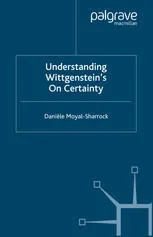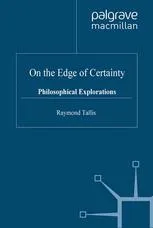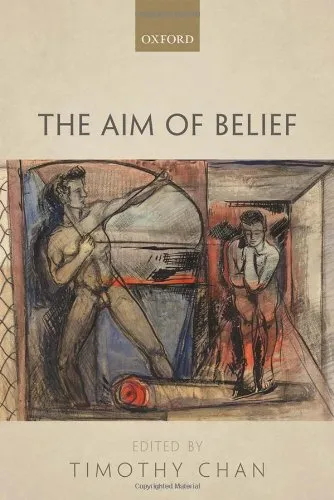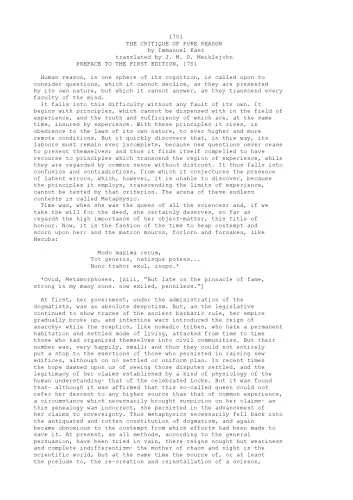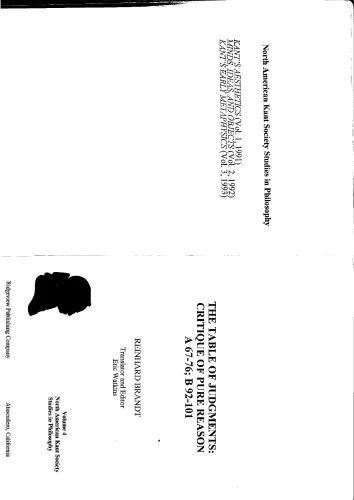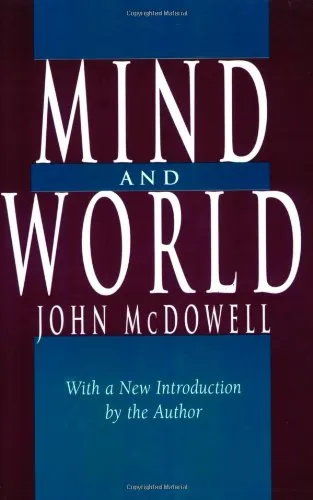Routledge Philosophy GuideBook to Wittgenstein and On Certainty
4.9
Reviews from our users

You Can Ask your questions from this book's AI after Login
Each download or ask from book AI costs 2 points. To earn more free points, please visit the Points Guide Page and complete some valuable actions.Related Refrences:
Welcome to an in-depth exploration of Ludwig Wittgenstein's pivotal work, "On Certainty," through the lens of the "Routledge Philosophy GuideBook to Wittgenstein and On Certainty" by Andy Hamilton. This guidebook aims to unpack the rich and complex ideas presented by Wittgenstein in the last writings of his career. Employing Bootstrap 5 for optimal formatting, this introduction will cover a detailed summary, key takeaways, famous quotes, and the significance of this scholarly work.
Detailed Summary of the Book
This guidebook delves into Wittgenstein's "On Certainty," a collection of notes and ideas that challenge the very foundations of knowledge. Written during the final years of his life, Wittgenstein questions the nature of epistemic certainty — the unwavering beliefs that underpin our perception of reality. The book presents a thorough analysis of these reflections, set against the backdrop of historical and intellectual contexts. Hamilton provides a coherent narrative that elucidates Wittgenstein’s arguments concerning foundational beliefs, often termed "hinge propositions," and their role in our understanding of doubt and certainty.
The book further explores the interaction between Wittgenstein and notable philosopher G.E. Moore, whose "Proof of an External World" sparked Wittgenstein's inquiry. By examining these interactions, Hamilton showcases Wittgenstein's pivotal departure from traditional philosophical skepticism and his advocacy for a perspective anchored in ordinary language and practice.
Key Takeaways
- Wittgenstein's works encourage readers to reconsider the frameworks of unquestionable beliefs and their role in shaping human understanding.
- The book provides a deep dive into epistemic concepts such as doubt, certainty, and belief, highlighting their interconnectedness.
- Hamilton effectively shows how Wittgenstein synthesizes philosophical arguments into practical reflections applicable to everyday life.
- The text affirms the importance of "hinge propositions," which serve as the non-empirical foundation of empirical judgments.
Famous Quotes from the Book
"The difficulty is to realize the groundlessness of our believing." - Ludwig Wittgenstein
"If you do know that here is one hand, we'll grant you all the rest." - Ludwig Wittgenstein
Why This Book Matters
Hamilton’s guidebook is crucial for both novice and seasoned philosophers seeking to gain insight into Wittgenstein's treatment of certainty and skepticism. By situating Wittgenstein's ideas within broader philosophical discourse, the book enhances our understanding of epistemology and the underlying structures of knowledge. Hamilton's analysis is not only a comprehensive interpretative tool for Wittgenstein's often opaque thoughts but also an invitation to apply these philosophical inquiries to tangible human experience.
Moreover, this book serves as an essential resource for understanding the evolution of philosophical thought and its practical implications in the contemporary world. Wittgenstein’s radical approach challenges preconceived notions, encouraging readers to engage deeply with fundamental questions about belief, knowledge, and human understanding.
Free Direct Download
You Can Download this book after Login
Accessing books through legal platforms and public libraries not only supports the rights of authors and publishers but also contributes to the sustainability of reading culture. Before downloading, please take a moment to consider these options.
Find this book on other platforms:
WorldCat helps you find books in libraries worldwide.
See ratings, reviews, and discussions on Goodreads.
Find and buy rare or used books on AbeBooks.
1450
بازدید4.9
امتیاز0
نظر98%
رضایتReviews:
4.9
Based on 0 users review
Questions & Answers
Ask questions about this book or help others by answering
No questions yet. Be the first to ask!
